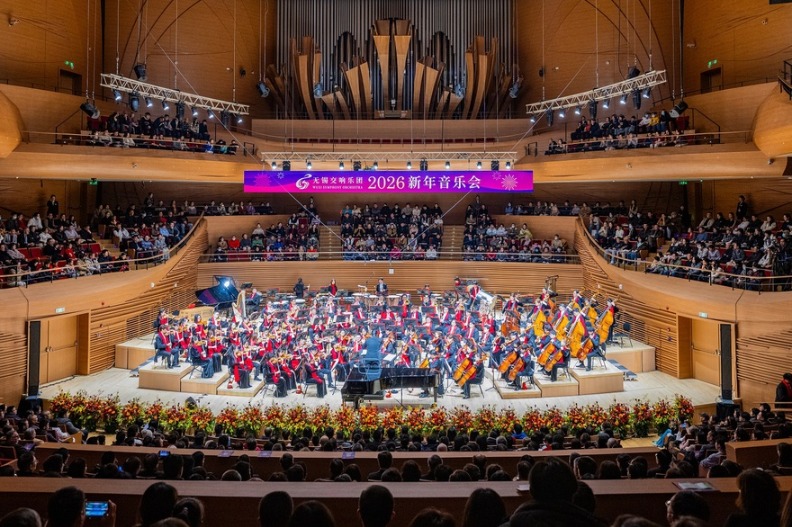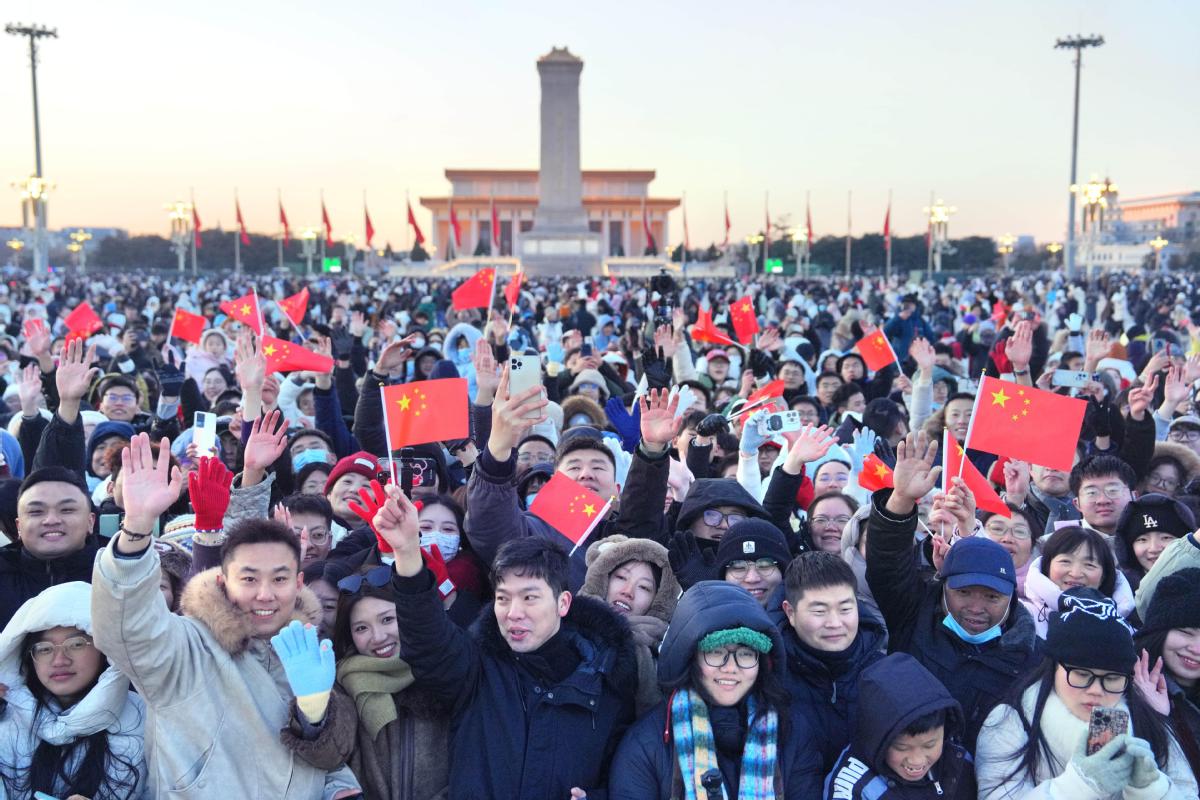Political trust has forged strong bonds

Cooperation between China and Germany is the bellwether for Sino-EU relations
The relationship between China and Germany has developed into one of the most stable and pragmatic of all China's diplomatic relationships. Since 2012, Germany has been visited twice by Chinese President Xi Jinping and four times by Premier Li Keqiang, and German Chancellor Angela Merkel has paid six visits to China during her term in office. The frequent high-level visits reflect the stable development of bilateral relations.
The pragmatism of their relations is embodied in the fact that China has been Germany's largest trading partner for three consecutive years since 2016. The trade volume between the two countries accounts for 30 percent of all China-EU trade, beating the combined bilateral trade volumes of China with France, Italy and the United Kingdom.
In a world undergoing tremendous changes and uncertainties, where four major forces - China, the United States, Russia and the European Union - are the key players, any changes in the relations between China and the United States are likely to be profound and affect their relations with Russia and the EU as well.
China's relations with the US, as well as with the EU, are in essence a combination of competition and cooperation. The US regards China as a strategic competitor, which is all about maintaining its hegemonic position. As a result, the competition between the two countries are escalating. In contrast, the EU treats China as its important cooperative partner, and its major concern is the economic interests and other benefits it can get from China's development. So competition and cooperation coexist in China-EU relations, with the latter being more prominent.
The EU unveiled a document EU-China - A Strategic Outlook on March 12, which described China as its indispensable partner with common purposes, although it also pointed out their economic, trade, science and technology competition, and even in political and economic systems.
The manufacturing industry of China has stepped into the stage of mid-to high-end production, which has led to intensified competition with European countries. For instance, China's high-speed railway has experienced fast development in applying transportation in the country's diverse geographic conditions in, for example, cold mountain areas, high-temperature regions and oxygen-deficient zones. In addition, China has surpassed European countries in some emerging fields such as artificial intelligence.
In terms of competition in systems, during the first two or three decades after the reform and opening-up the West believed that China would finally be the same as the West. However, China has explored its own development path. By establishing the advantages of its system, China has provided the world with a new option for development, which has also created a broader market for bilateral economic cooperation. Today, the daily trade between China and Germany is equivalent to the annual volume of bilateral trade 40 years ago. The steady progress in China-Germany relations can serve as a role model for cooperation between countries with different political systems.
There has been a shift in the attitude of some European countries toward the Belt and Road Initiative, which was basically wait-and-see at the beginning. Of the 28 European countries, some are now positive about it, while others are not, owing to their diverse interests. The economic world is generally positive as big companies are seeking more opportunities with the initiative. Siemens, for example, has set up a special group to study the Belt and Road Initiative, focusing on projects China is implementing in Central Asia, the former Soviet Union countries and Central and Western Europe, for possible involvement in these projects. The views of European think tanks and media are the opposite. They regard the initiative as an approach for China's geopolitical expansion out of its own interests.
China hopes the Belt and Road Initiative will attract more developed countries such as Germany, the United Kingdom and France in addition to Italy and Switzerland and the Central and Eastern European countries. Traditionally, Germany sees the CEECs as its sphere of influence and market. So it is realistic for Germany to consider possible loss of its market shares in these areas duo to the initiative. But the willingness to cooperate with China of the CEECs should be respected because their needs for financial and technological supports for development can hardly be met by the EU. China has encouraged companies to join the 16+1 cooperation framework, providing a broad platform of cooperation to ensure fruitful results. The initiative is by no means an approach for China to compete for spheres of influence. Rather, it facilitates balanced development in Europe under the principles of extensive consultation, joint contribution and shared benefits, which is beneficial for the integration of Europe.
Though cooperation is the more significant aspect of the China-EU relations, the existing cooperation should be expanded to new areas. In fact, China and Germany have made breakthroughs in this regard. In July last year, the two governments signed cooperative agreements on AI and unmanned driving vehicles; BMW was allowed to increase its maximum share of equity in joint ventures in China from 50 percent to 75 percent; $10 billion was invested for a chemical project wholly-owned by BASF in Zhanjiang of Guangdong province; Allianz SE was permitted to establish a wholly-owned insurance company in China.
Germany is one of countries that has benefited the most from China's economic development, thanks to the political trust and economic complementarity between the two countries.
The author is the former Chinese ambassador to Germany and Austria. The author contributed this article to China Watch, a think tank powered by China Daily. The views do not necessarily reflect those of China Daily.

(China Daily Global 05/13/2019 page13)



































